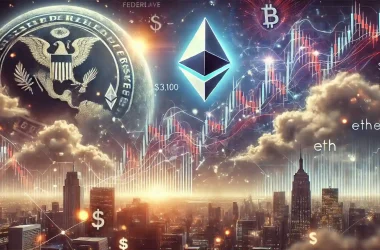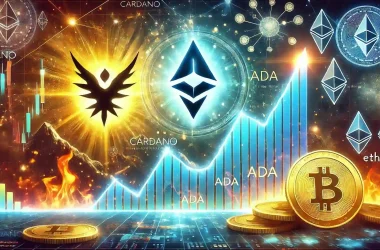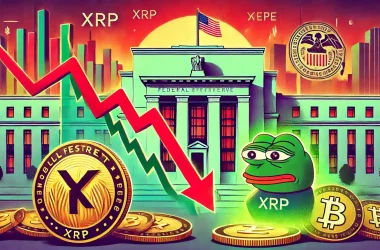During the event “Industrial Metaverse: Promises, Challenges, and Issues” at this year’s South by Southwest conference, an expert panel discussed the use of immersive technologies for industrial applications. The panel included Karoliina Salminen, lead for smart manufacturing research and innovation at VTT; Timmy Ghiurau, innovation lead for virtual experiences and XR at Volvo Cars; and Vesa Koivumaa, head of growth at Wärtsilä Voyage. Two years ago, discussions were more general, but now they focus on implementation and application.
VTT’s Human-Centric Approach
VTT is investigating opportunities the industrial metaverse presents, particularly how it will transform industrial work and alter people’s roles. Their research centers on human-driven industrial metaverse solutions. The focus is on understanding the human perspective and how these technologies can benefit workers.
Wärtsilä’s Adoption of Immersive Technologies
Wärtsilä, a provider of marine and energy solutions, has adopted industrial metaverse solutions extensively. They use extended and virtual reality (XR and VR) for workforce training and digital twins to enhance operations and services. This allows crews to experience ship environments before they are built, providing crucial input for the final design.
Volvo’s Human-Interface Innovations
Volvo Cars is exploring human-interface issues, particularly in the context of autonomous cars. Ghiurau is focused on human-centric design options and interactions between humans and technology. Volvo is also collaborating with Varjo, a Finnish mixed- and virtual-reality solutions provider, to boost productivity.
The Potential of Virtual Reality in Industry
Ghiurau highlighted that corporations have used virtual reality since the 1980s. However, now these tools are finding applications beyond R&D and design, such as in manufacturing, branding, and car configurators. This allows for more meaningful conversations and communication across industrial and commercial sectors.
Enhancing Worker Flexibility and Training
The industrial metaverse offers transformational potential for jobs in manufacturing, construction, and logistics. Workers could become location-independent, allowing for more flexible work arrangements tailored to personal preferences and skills. This would enhance operational flexibility and adaptability.
Addressing Talent Shortages
Industries facing an aging workforce, like the maritime sector, can benefit from the industrial metaverse. Extended reality technologies can engage young people early, allowing them to explore job opportunities and receive remote training. This is crucial for training the next generation of talent without the need for expensive simulation centers.
Ethical Considerations and Data Control
Salminen emphasized the ethical use of related technologies and data. The industrial metaverse can improve processes by collecting and analyzing vast amounts of data, but this raises privacy and ethical concerns. Ownership and control of data are critical issues, especially if a few companies dominate the metaverse.
Addressing the Digital Divide
Koivumaa pointed out that the industrial metaverse requires fast connectivity and advanced interface technologies. Not all population groups have access to these technologies, potentially creating a new digital divide. This could give large companies a competitive advantage over smaller players.
The Role of AI
Salminen discussed the impact of AI on social aspects of human interactions and commercial operations. AI is essential for creating immersive environments, but it raises questions about control and responsibility. Trust in algorithmic systems and clear delineation of human vs. system control are crucial.
Human Creativity and Metaverse Platforms
Koivumaa highlighted the importance of human creativity, which AI cannot replicate. The creative spark is essential for creating value and emotional impact. Ghiurau stressed the benefits of a common language and platform for metaverse applications, which could streamline connections among commercial players.
Future of the Industrial Metaverse
The industrial metaverse will bring together people from around the world, blending gaming and commercial uses. The next generation of the workforce might even expect gaming elements within work applications. This new layer of computing and interaction will revolutionize industrial operations.
The industrial metaverse presents numerous opportunities and challenges. It promises to transform industrial work, enhance training and productivity, and bring people together globally. However, ethical considerations, data control, and the digital divide must be addressed to ensure equitable and effective use of these technologies.











